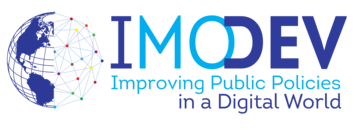Cybersurveillance, security & Open Gov.
Salle / Hall : Bibliothèque Sainte-Barbe - Amphithéâtre
Horaire / Schedule : 16h40 - 18h00
Président de séance : Steve Friedland (Professor of law and senior scholar - Law School faculty - Elon University - United States)
Langue / Language : English
Speech 1. Cybersurveillance: The Limits of Cybersurveillance and Transparency in Open Government
Steve Friedland - Professor of law and senior scholar, Law School faculty, Elon University (United States)
In light of Yahoo's decision to support real-time U.S. email surveillance, the use by U.S. police departments of 'threat scores' based on a private company's surveillance data, and the Wikileaks release of Hillary Clinton's emails, can there be effective limits placed on government cybersurveillance and transparency in its sources? If so, should government be accountable for clearly defined limits -- including providing notice about what surveillance the government is responsible for as well as what it is not? This paper contends that the nature of cybersurveillance is changing rapidly and emerges in many forms. Cybersurveillance not only appears to obtain information, but is capable of spreading that information -- or, as seen with 'fake news' on Facebook and widely propagated Twitter rumors, misinformation. In a world where facts, innuendo and rumor are all becoming conflated, govenrment accountability is ever more important to the checks and balances on power and to protect against the erosion of trust in government action. The paper further argues that the way cybersurveillance is used by a government -- and the transparency associated with it -- offers a possible bellweather sign about the government's propensity for imperial usurpation of power.
Speech 2. Mass surveillance and Open Government Principles: the French legal framework
Jean Harivel - Doctorant, Université Paris 1 Panthéon-Sorbonne
As part of the fight against terrorism, France then targeted surveillance of suspicious persons, broadened the surveillance in individuals with a connection with suspicious persons, without this link is criminal. France after the US is adopting a mass surveillance possibility of individuals.
But this extension is limited by the decisions of the Constitutional Council, which always finds the right balance between public interest and individual freedoms. In addition, the administrative judge can always intervene to cancel a regulatory decision and the judicial judge remains the constitutional guarantor of freedoms



